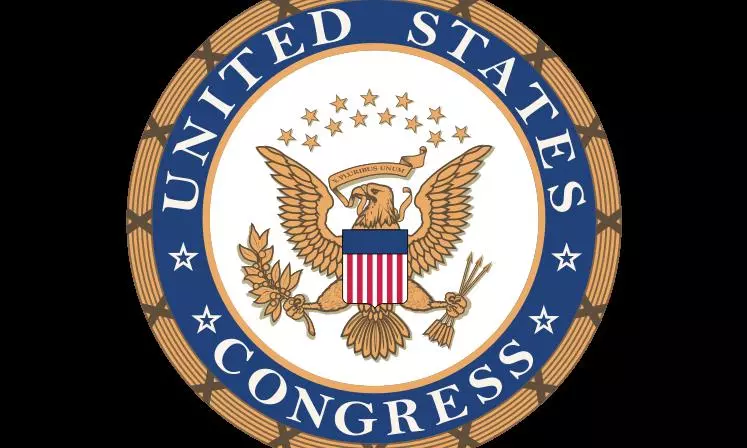AA Edit | Trump’s Bill Not So ‘Big, Beautiful’ for US Poor
Massive tax cuts and spending slashes deepen divide, stir global and domestic concerns

The US President signed the “big, beautiful bill” into law on Independence Day. This is Donald Trump’s America, and the tax and spending cut bill has “MAGA” written all over it.
In a country in which the distinction between truth and falsehood, and fact and fiction, is fast fading, it might seem to matter little that Trump is doing the opposite of Robin Hood — robbing the poor of their medical and food aid, with plans to cut them and save $1 trillion in 10 years while giving much more to the rich in “big, beautiful” tax breaks.
There will be a lot more money not only for national defence, which must be a priority in these uncertain times when national territorial boundaries are seen to draw the least respect, but also plenty of money for guarding the US border and effecting mass deportations of illegal aliens and possibly everyone else who are not to the rulers’ liking.
Assuming defence and deportations are national concerns for the US even as the effects of the loss of Medicaid and cuts in food stamps may take time to trickle down, it is the US’s runaway debt that others in the world might be worried about, especially China.
All economic theories and the fiscal practices based on them that have shaped global financial norms over the decades have been thrown out of the window. The bill envisages the US would run up a deficit of $3.4 trillion over the next 10 years to add to its existing national debt of $36.22 tn, which means the country may have to print more notes to compensate.
China, which used to hold about $1.3 tn of US debt paper but reduced it to about $700 bn by reinvesting in gold and other assets, is worried about the US reneging on its debt in the future. While this may be in line with Mr Xi Jinping’s great assertion that the East is rising while the West is declining, China might stand to lose much if the dollar is devalued and drags down the US assets his country holds.
At home, Trump’s acolytes who faced great resistance, even among fellow Republicans, in having the bill passed, used every political artifice to get it through, with the vice-president J.D. Vance breaking the tie in the Senate and four Republican members of the House were ultimately convinced to change their stand and vote with the party in a 218-214 verdict.
It should surprise no one that Elon Musk, once Trump’s right hand until the election and just after, dubbed the bill “insane” and a Democrat who spoke for a record eight-and-a-half hours on the floor of the House deemed it a “disgusting abomination.” But all that criticism is so much water off a duck’s or, for that matter, Donald’s back.
Among the $4.5 tn tax cuts would be a provision for deductions on tip, overtime and auto loans. The wealthiest households may benefit by $13,000 per year while the poorest would be hit by up to $1,600 a year. It has been computed that the federal spending cuts could leave 11.8 million more people without health insurance by 2034. It is in reducing the money for the social safety net that the Republicans are giving away their pro-rich, anti-poor attitude. So too the fact that a $200 tax will disappear from purchase of gun silencers, short-barrel rifles and shotguns.
The Democrats are betting on making capital of all this in the 2026 polls when they can hope to swing the narrow Senate and House majority the Republicans enjoy now. This might all seem a bundle of American problems, but in an interconnected world they mean a lot more, including possible effects on American economic dominance.
